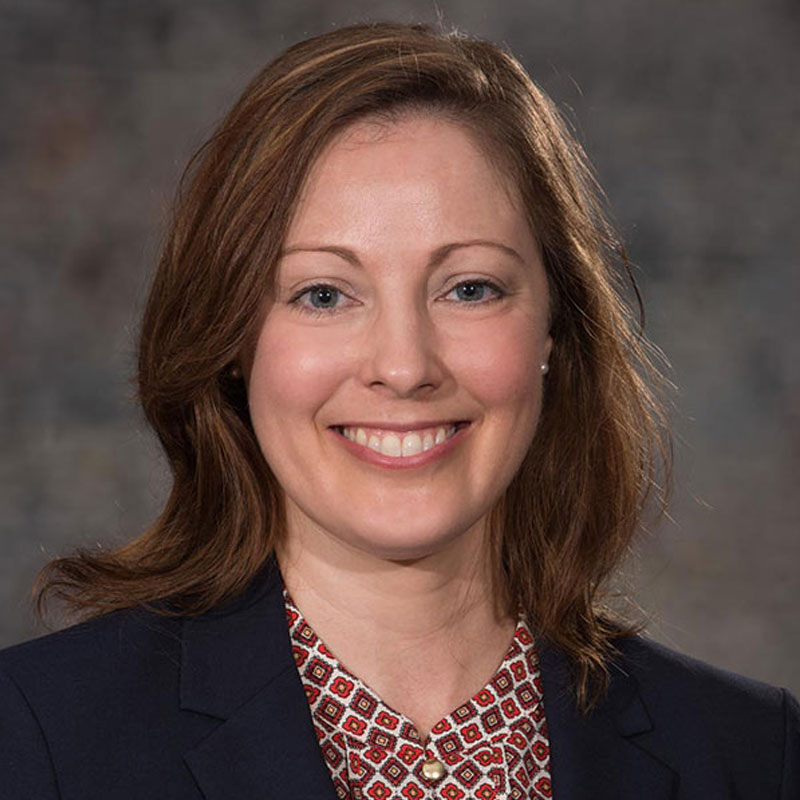
MHDI FACULTY SPOTLIGHT
Lorey WheelerCo-Director of the Nebraska Academy of Methodology, Analytics & Psychometrics and Associate Research Professor for the Nebraska Center for Research on Children, Youth, Families & Schools at the University of Nebraska-Lincoln
Date that you joined UNL: August 2013
Hometown: I grew up in rural Nebraska, initially in Loup City and then moved to Holdrege in my 7th grade year.
Describe your research and how it contributes to alleviating or understanding health disparities?
My goal as a scholar is to conduct research that improves lives and communities, with a focus on equity. In service of this goal, I work with academic and community partners to understand social (e.g., family relationships), cultural (e.g., familism values), and structural (e.g., discrimination) factors that contribute to youth development and health, particularly for members of groups who are marginalized in our society (e.g., immigrant youth, Latinx families, rural communities). My research asks questions to understand, for example, stressors and family strengths that may either impede or support positive health and development for youth and families to inform preventive-intervention efforts. I also apply my expertise in research methods and statistics to support teams broadly focused on educational and health equity.
What inspired you to study health disparities and/or your field of research?
Growing up in a small rural community, I experienced and witnessed many inequities related to gender and socioeconomic status. This fueled my passion for the work that I do today, related to culture and systems and how they shape people’s lives. Attending graduate school at Arizona State University and working at the Prevention Research Center, I had great mentors that helped me to further focus my interests related to addressing disparities through preventive-interventions, and the research methods and statistical approaches needed to support this work.
What advice would you give to incoming students (graduate or undergraduate) who are interested in studying health disparities? What advice would you give to incoming faculty who are interested in health disparity research?
Be humble. Listen to communities and elevate their voices and expertise; learn from them. Quantitative methods are not free from bias or more objective than other methods. Methods are only as good as the question being posed. Design your study using the method that best matches your research question, whether that be quantitative, qualitative, or mixed methods designs. Knowing that science works best across multiple studies, view null results as an opportunity for moving your research forward in ways you may not have considered. Lastly, find a good support system of mentors, collaborators, people that you like to be around not only at work but after hours.
What would your colleagues/students be surprised to learn about you?
I was a first-generation college student whose formative years were spent on a farm. This shaped my love of animals and nature, but also my strong dislike of corn and beef…lol!